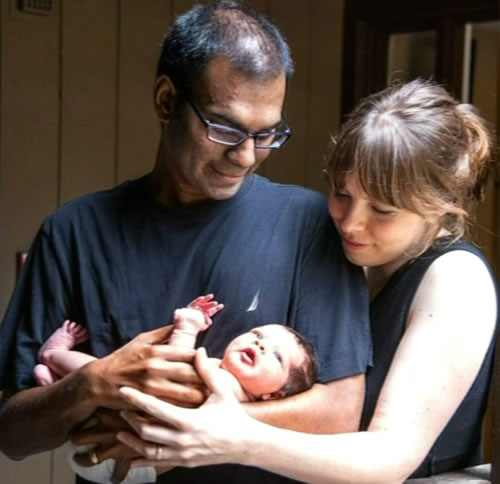You have pulled me back to you for some yet unknown reason and on this last day by your bedside, I’m getting ready to cycle back on my own elliptical trip to motherhood away from you. I cannot say, dear mommy, that I feel more sadness—at least not at this moment. In fact, in many ways, I feel far less. I don’t know exactly why. It may be because I keep my feelings at bay—a necessary adaptation to being in your presence. It may be because I have felt so many emotions, often in extreme or potent fashion, that there’s just less sad left to feel.
Or it may be because I accept the whole process of your dying—your timeline, your needs—surrendering in a far better way to the inevitable lack of control that I have rebelled against for so many months. I suppose, too, somehow my crying, my wailing and wallowing in my own muck and mire just seems less appropriate and out of place in the face of your ongoing dignity with which you approach your own death.
Death’s Dignity
Remarkably, it seems mystifying to me that you could be expressing dignity in the face of cancer and Alzheimer’s, with dirty wet diapers and bibs, your straight, white hair flying wildly behind you on the pillow as you continue to hold on fiercely to two teddy bears from your youngest and eldest daughters.
Yet somehow you preserve yourself with just that: a serene quality that comes from somewhere else—a not of this earth kind of thing. You release love and life entirely, attaching only temporary meaning to the props and decorations that identify you now as my mother. Actually, it almost seems as if you are trying to say to me through these scenes, “do not weep so…this ultimately is a much smaller thing than you think, dear daughter, the seemingly unattractive way I die.”
It’s as if you radiate questions like “what sort of compassion would you have exercised for someone not so personally attached to you had you not seen me drool, heard me jabber nonsense, seen me lie in my own waste.”
Loved Into Death
From where I sit it feels as if you offer yourself up yet one more time, sharing infinite lessons of love and light to all around you. At least that’s what I see when I get outside of just the ‘you’ I know was my mother. For I watch the delicate yet sturdy expressions of love and compassion as your nurses tenderly touch your face while giving you your medicine, stroking the sides of your throat, urging you to swallow your morphine to reduce your physical pain.
I watch your caretakers feed you cereal, adjust your head on the pillow, turn your body to prevent bedsores, all the while talking words of affection, encouragement, and humor. You are not their mother, yet you are comforted just the same through kindnesses springing from an impersonal source, being loved into death like I imagine you were once loved into life.
The Still, Small Voice
And ultimately I am struck not by the sadness of watching your earth life leak out of your very specific body I identify as my mother. Rather, I am struck by all the expressions of a still, small voice behind each act of caring extended, as each person responds to the soul dignity you miraculously emit like radar, invisible in its source yet manifested so visibly in each literal caress.
I am honored by the energy of it all driving each act I only later come to name as love. Ironically, I care less and less about the specific vehicle of what seems like a terminal condition—the Alzheimer’s and cancer eating away at your thin, frail body, with my previous interpretations of despair and tragedy all but gone, at least for the moment.
For in the end I gradually catch the faint but increasing whiff of your gift—that you keep your human heart beating for not just me, but for all your daughters as well, trying to communicate for as long as you can make it so, how much you really loved us. And while the details of our lives together continue to silently fall away, what remains of your final yet everlasting act of love—to crawl up onto your own personal cross, arms outstretched towards infinity as if to say “I love you this much”…
Redemption
… And months later, with tears streaming down my cheeks you have moved on, resurrected to another place of grace, with the Giver of the gift who moves us all to acts beyond our human capacity. And I am breathless and stalled momentarily in my human loss of your steady face, eyes that once beamed, missing your example and your effort.
Yet I continue on even though I’m at a different stage of pain, one which sometimes sends me reeling. I somehow manage because of what was given to me—that final act of love that you so graciously expressed. I manage because I know that you have been redeemed in parallel fashion much is you redeemed me. Without any doubt your effort to send one final message through the dignity and effort of your dying process thunders a love so loud it is unmistakable—a love given through great suffering only to sore and transform.
And I am grateful beyond words.



